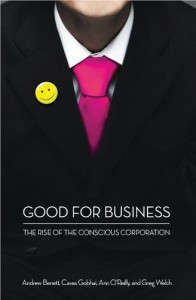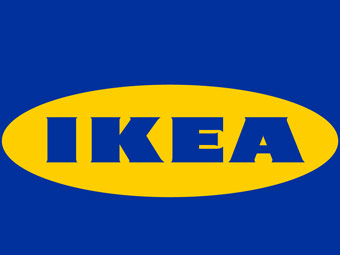People tend to think of oil as the stuff you put in cars, buses, trains, aeroplanes, lorries, etc. They don’t think of all the ramification that hydrocarbons have for the whole economy. You know, fertilizers made from oil, our goods and services that we buy in shops have a have huge oil input into them. So, if oil becomes more expensive. Then we get to a situation where all businesses are impacted.
~ Will Whitehorn, Virgin Group
In the video below, An Introduction to the Oil Crunch: a wake-up call for the UK economy, Will Whitehorn (Virgin Group) and John Miles (Arup), both belonging to the UK Industry Taskforce for Peak Oil and Energy Security, look at the implications of the oil crunch on the UK and why there’s an urgent need for government action.
This is echoed in this ABC TV Science video – Catalyst: Oil Crunch, where Dr Fatih Birol, Chief Economist, International Energy Agency, warns that “the time is running out, the oil is today our lifeline, it is everywhere in the economy, if the prices go up or if there’s a supply disruption this will be definitely very bad news.” And you know the situation is worst than what you think it is when he concludes that “it would have been better if the governments have started to work on it at least ten years ago.”





 How is IKEA able to offer its wide range of functional furniture at such affordable prices? This book, Values-based service for sustainable business : lessons from IKEA, looks at how the values-based business model of IKEA has helped it sustain its profitable while still fulfilling its corporate social and environmental responsibility. Other values-based service companies, like Starbucks Coffee Company, Swedish clothing retailer H&M (soon to set up shop here in Singapore) and Body Shop are analysed for comparison.
How is IKEA able to offer its wide range of functional furniture at such affordable prices? This book, Values-based service for sustainable business : lessons from IKEA, looks at how the values-based business model of IKEA has helped it sustain its profitable while still fulfilling its corporate social and environmental responsibility. Other values-based service companies, like Starbucks Coffee Company, Swedish clothing retailer H&M (soon to set up shop here in Singapore) and Body Shop are analysed for comparison.